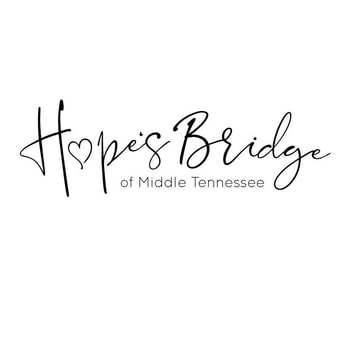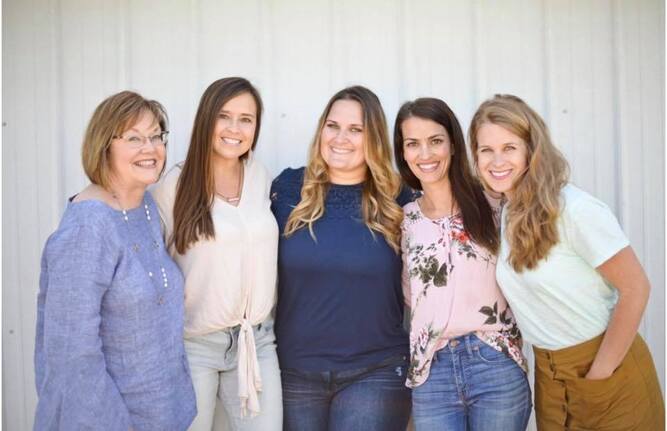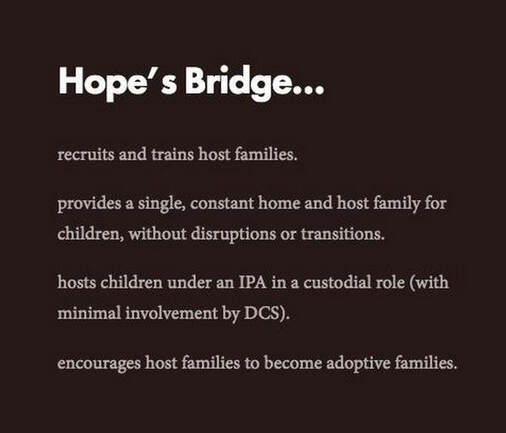Behind the Scenes With Hope's Bridge
When Amanda Root and her husband began the adoption process in 2017, they experienced firsthand the challenges that come with finding loving homes for children. Amanda discovered that many children born to drug-addicted parents or into homes where they are neglected and/or abused end up in state custody or are bounced around different foster families.
This is when Amanda founded Hope's Bridge. The mission of Hope's Bridge is to provide a more permanent placement for children who enter the foster care system. Bridge families act as the caretakers of children who are removed from their homes, with the intention of eventually adopting the children, should they not be reunified with their biological parents. Hope's Bridge is a Christian organization that calls on church leaders and Christ followers to obey God's command to care for orphans and widows.
"He ensures that orphans and widows receive justice."
-Deuteronomy 10:18
-Deuteronomy 10:18
Because of the current opioid crisis in Tennessee, the amount of children in foster care has risen by 10% in the last two years. Last year in Tennessee, nearly 15,000 children were in DCS custody. In 2018, reports showed that the number of children waiting for adoption has increased by 56%. But with hefty fees and problematic processes, many prospective adoptive families are unable to give these orphans a home.
That's why Amanda and the team at Hope's Bridge are trying to give more families the chance to adopt by becoming a Bridge family. Here is a brief description of the roles and responsibilities of Bridge families:
That's why Amanda and the team at Hope's Bridge are trying to give more families the chance to adopt by becoming a Bridge family. Here is a brief description of the roles and responsibilities of Bridge families:
An IPA is an immediate protection agreement that usually leads to a court order giving the Bridge family temporary custody. The child is not in DCS custody. Parents’ rights cannot be terminated as part of an IPA. There is usually a non-custodial permanency plan, but the goals are not the same. Also the courts usually close the case after a couple months. The custodian (Bridge family) will continue to have temporary custody forever unless they hire an attorney and pursue other legal actions for a more permanent custody order. DCS does try to get a family member, friend, etc. first to agree to an IPA. It is a much cheaper option for the state because the Bridge family does not get assistance (board payment) from DCS.
Watch the interview with Amanda and board member Sarah McKay below, to learn more about Hope's Bridge, its mission and ways you can help foster children and foster families in Tennessee.
|
Like & Follow Hope's Bridge
|
|





